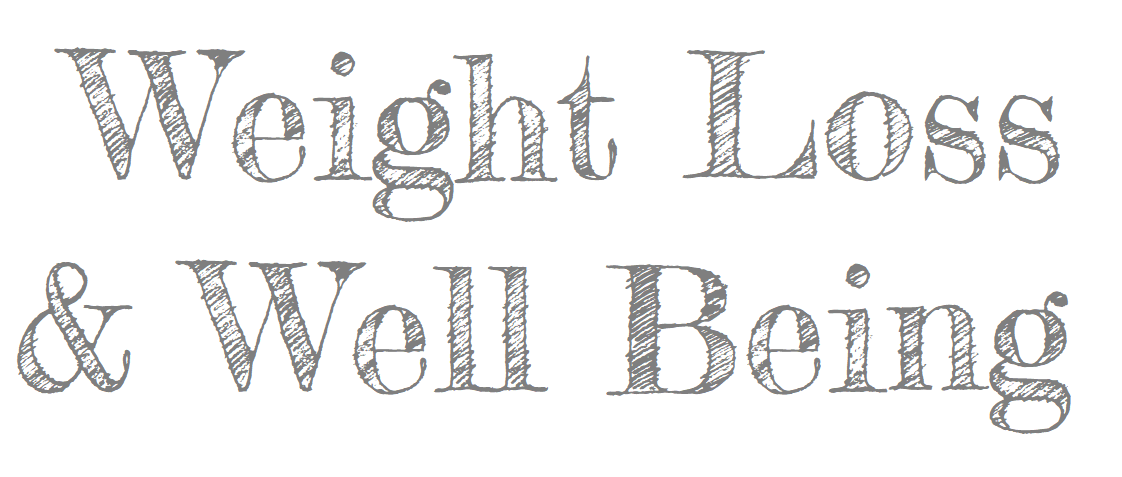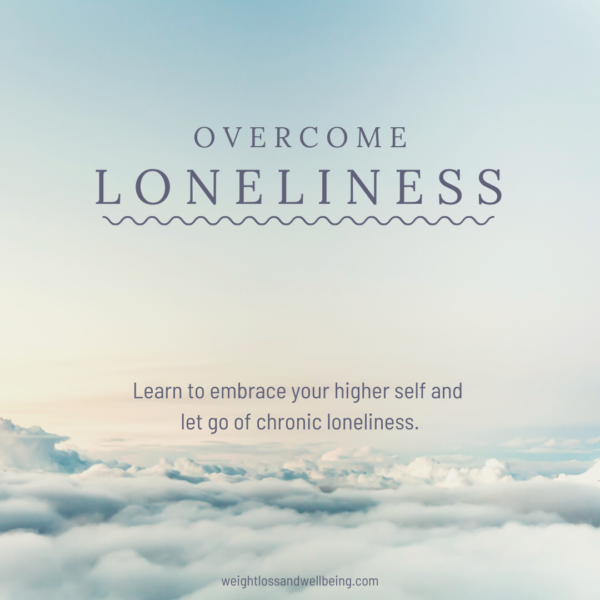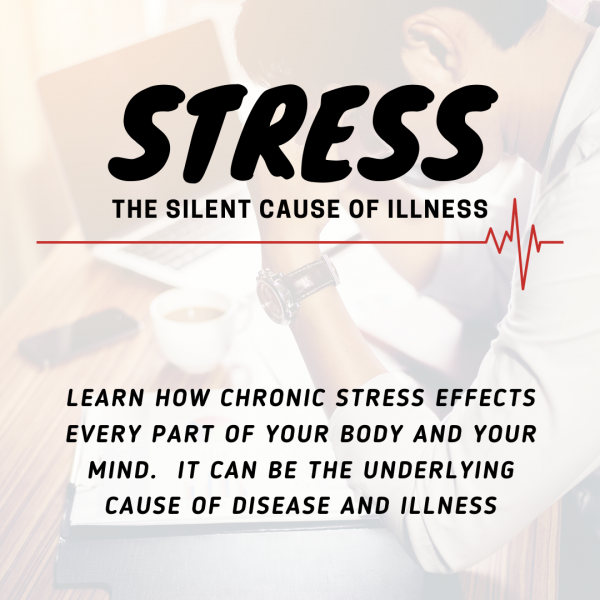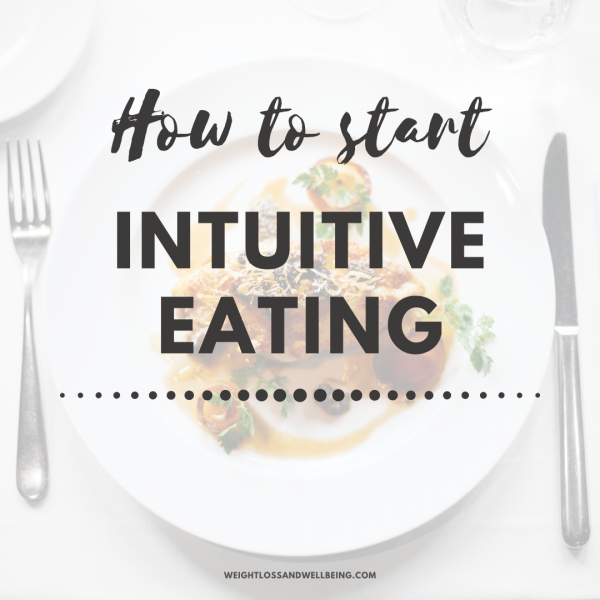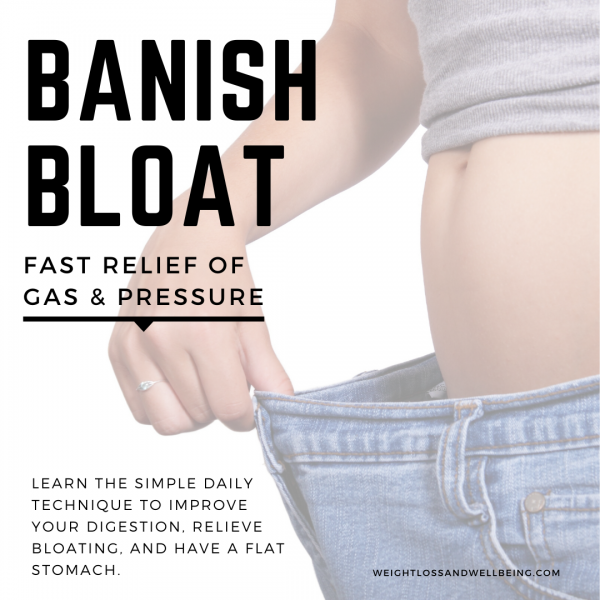Performative Wellness is the act of displaying the proper steps to health without actually taking them. Thanks to social media, this has now become a profession. Let’s talk about why this is dangerous to your health and how you can avoid the temptation to follow along.
I have to be honest. When I first wanted to lose weight, I immediately went to Pinterest. And I looked at everything I could find that discussed weight loss and health.
There were countless pins for workouts that would shrink my thighs or make my tummy flat. I tried all of these by the way. And then there were the healthy meals consisting of rice and chicken in Tupperware. Now that I know a little more about health and wellness, these are the type of posts that make me cringe.
But, back then, I immediately started copying everything I saw. And to my surprise, most of it didn’t work. In fact, most of the trendy health recommendations I’ve ever tried, have failed. It wasn’t until I started actually educating myself with reputable sources did I make any progress.
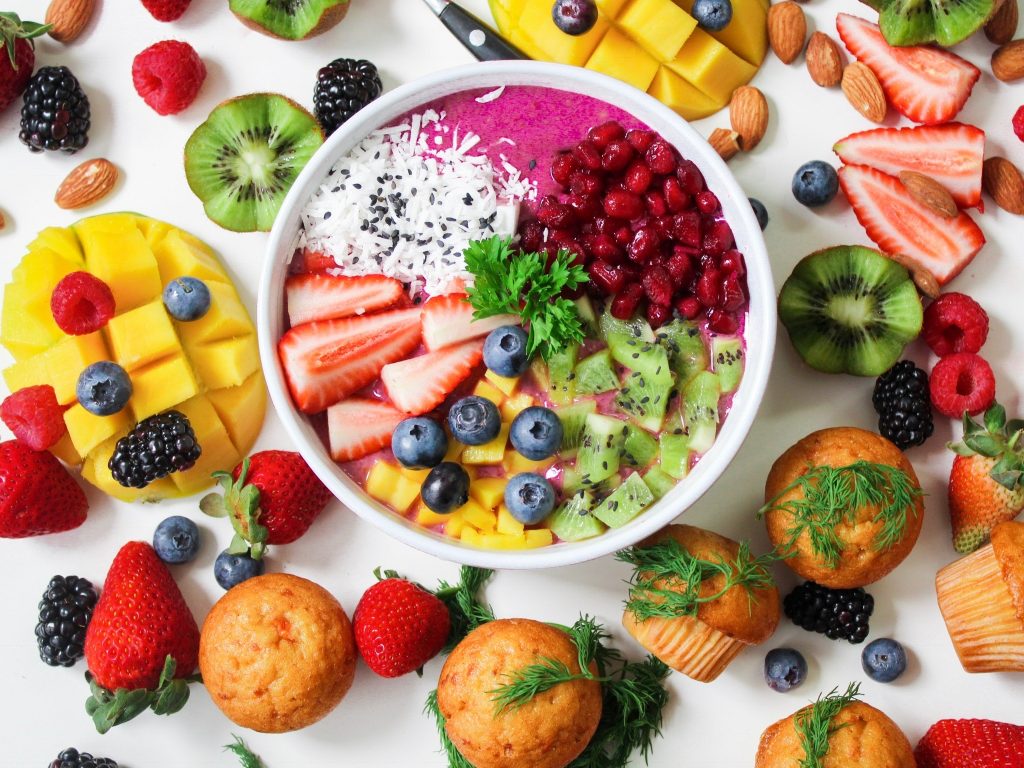
Unfortunately, there are countless Influencers across Facebook, Instagram, and Pinterest peddling inaccurate, misleading, or downright wrong information. They are selling products off of unsubstantiated claims and making very nice incomes from it.
They are practicing what I call “Performative Wellness.” They rely on products and methods to be healthy. And never actually put in the real hard work to change their lives and create a health lifestyle.

Affiliate Codes & Affiliate Marketing
The majority of Influencer’s income relies on the products they sell. Have you noticed they all have a product (or a few) they must consume everyday. Whether it’s collagen, protein powder, greens powder, or a pre-workout, it’s a product. And they want you to buy it.
Don’t get me wrong. Affiliate marketing can be a great thing. And people making money is a wonderful thing. But if it is not strictly monitored, things can get really deceptive and really manipulative. There is very little accountability required from the affiliates.
Rarely are they held accountable for any claims they make that can’t be backed up. For example, many of the health and weight loss shakes, powders, and pills you see are not regulated by the FDA. Meaning none of their claims have been researched or proven.
It becomes very easy for someone on a social media platform to sell a product with Performative Wellness. They are able to ritualize the product and integrate it into their image. Research has shown that repeated exposure will increase the likelihood of purchase. Therefore, the power of suggestion can easily overtake your better judgment.
But beyond the overexposure, there are many more questions we need answered. How can you be sure this person has seen the results they claim? Are we sure this person actually uses this product every day? And if they do, they could be concealing other habits (like additional exercise, restriction, supplements, medications, etc.) that could account for the successes?
MLMs & Performative Wellness
I have to say that multi-level marketing sellers (they’re not influencers) are the most notorious performative wellness offenders. In fact, the company they work for actually gives them a blueprint of the exact types of images they should post everyday. They have a recipe of how to convince you that they are living a healthy lifestyle.
Simply post a picture of your protein shake, a sweaty post workout selfie, and a quote or pic of your kid and you too can be a #bossbabe. No matter how many workout selfies or protein shakes they post, they never seem to get healthier or build a consistent lifestyle. Instead they rely on their products (shakes and workout videos) to make them appear healthy without actually being it.

Sponsored & Paid Posts
The most worrisome of all are the sponsored and paid posts. The FTC has recently rules (thanks Fyre Festival) that if you are compensated for posting you must disclosure the sponsorship clearly on that post. The simple way I’ve seen this done is with #ad or #sponsor on the post. Some platforms allow for the post to be officially flagged as a paid partnership or sponsorship for extra transparency.
And yet, so many influencers are not following this rule. They try to build the ad into their lifestyle. Once again, utilizing performative wellness to make the product or brand seem healthy. And by not disclosing the payment they are eroding their own trustworthiness and reliability. As the audience and potential market, we have the right to know about any biases or conditions that could affect the truthfulness and validity of the statements made by influencers.

Health & Performative Wellness
Going through the motions of consuming “healthy” products does not actually improve your wellness. In fact, relying on products for health will potentially make you less healthy.
If you assume a protein shake is going to miraculously make you lose weight, you might be less likely to opt for something lower calorie. If you think a product will make you healthy, you won’t make the actual changes you need to.
Adding collagen to your coffee and taking green powder isn’t making you healthier. Choosing more nutritious foods and staying active will give you far more benefit than either of those.
So many people are looking for the easy way out so I see why they are tempted with fads and trends. But without actually eating well and staying active, you’re just going through the motions. And that is definitely not making you healthy.
Don’t get sucked in
Start looking for patterns in the accounts you follow. And make sure you always check to see if they include the ad notification. Ask questions and do your own research before buying any recommended products.
It is really easy to fall under the spell of Performative Wellness, and think you need products or silly rituals to make you healthy. True wellness comes from taking care of your body in the hard ways, most of which are free. Eat good nutritious foods in proper portions, move your body every day, sleep well, and manage your stress. These are the actual steps to health and the ones that make the biggest impact.
